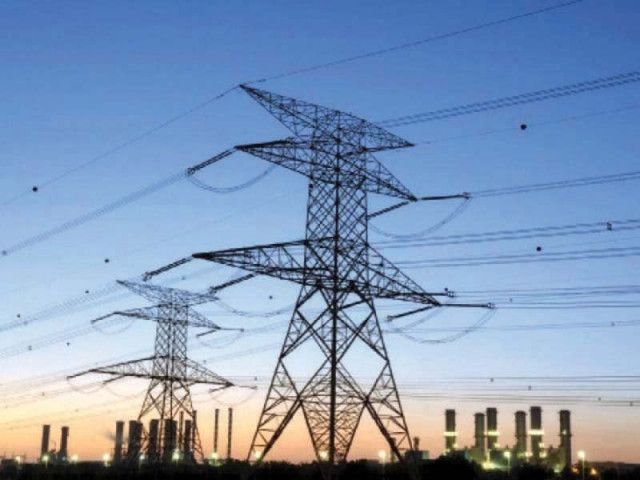The government had wanted a higher electricity tariff for the next five years in a bid to encourage investors to participate in the bidding for the sale of Fesco. PHOTO: ARCHIVE
ISLAMABAD:
The federal government is preparing a sweeping three-year electric rate relief package that could significantly reduce electricity costs for agricultural and industrial consumers, in a move aimed at stimulating production and curbing inflationary pressure.
According to official sources, the Power Division has finalized a proposal to reduce tariffs by up to Rs 14 per unit, fixing electricity prices for these sectors between Rs 22 and Rs 23.50 per unit.
Currently, agricultural consumers pay around Rs 38 per unit, while industrial users pay Rs 34 per unit.
If approved, the aid plan would come into effect immediately after the prime minister’s formal announcement, expected in the coming days. The Energy Division will present the package to the prime minister for approval before its public release.
Sources confirmed that the three-year plan aims to provide “predictable and affordable” energy prices to the sectors most affected by high production costs. Under the proposed structure, agriculture and industry will benefit from reduced tariffs, especially for electricity consumption in addition to standard usage.
“The objective is to increase productivity, stabilize prices and support food security and exports,” explained an official. “The government wants to ensure these sectors can plan for the long term without fear of sudden tariff shocks.”
Meanwhile, the Central Power Purchasing Agency (CPPA) has filed a separate petition with the National Electric Power Regulatory Authority (NEPRA), seeking a reduction of 37 paise per unit in electricity tariffs under the monthly fuel cost adjustment (FCA) mechanism. NEPRA will hold a hearing on October 29 to decide on the proposal.
In a related development, the Power Division spokesperson welcomed NEPRA’s recent review of K-Electric’s Multi-Year Tariff (MYT), calling it an important milestone for the power sector and, in particular, for the consumers of Karachi.
“The Energy Division is proud to have submitted this review on time and presented all arguments based on merit,” the spokesperson said, adding that some quarters were misrepresenting the decision as a financial maneuver or an attempt to overburden consumers.
“In reality, the NEPRA ruling is a regulatory reform, not a financial gimmick,” the spokesperson clarified.
It said the review was carried out to align K-Electric’s tariff framework with that of other transmission and distribution companies, removing elements inconsistent with national regulatory standards, such as foreign currency-linked returns and loss provisions.
“These changes ensure that all companies are now regulated under uniform principles of recovery, performance and transparency,” he added. “No legitimate recovery has been restricted, only structural imbalances have been corrected.”
Rejecting claims that the review deprived Karachi residents of any “relief”, the Power Division clarified that the MYT belongs to K-Electric’s internal revenue structure, not the final tariff paid by consumers, which continues to be governed by the national uniform tariff policy.
“The perception that the decision ended or changed the subsidy of Rs 7 per unit for Karachi consumers is completely false,” the spokesperson said. “Subsidies remain intact under the uniform tariff regime. A subsidy reduction means only a reduction in government spending, not consumer aid.”




